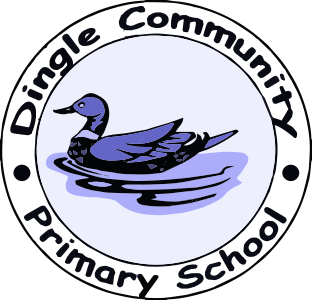Intent
At Dingle Community Primary School, we are HISTORIANS!
Our aim is to ignite every child’s curiosity and passion for the past, helping them understand how historical events, people, and cultures have shaped the world they live in today. Through engaging and meaningful history teaching, we encourage children to explore the lives of those who came before us, developing a strong sense of chronology and identity rooted in their historical heritage.
We believe that history is key to helping children appreciate and respect both their own culture and the diverse cultures that make up modern multicultural Britain. By studying significant events and influential figures in British and global history, children gain a deeper understanding of how our society has evolved over time.
Our curriculum makes the most of the rich historical resources available in our local and wider community. This helps children develop a strong connection to the history of their locality and a broader awareness of the wider world, including Ancient civilizations and pivotal moments in British history.
At Dingle, we aim to make history come alive. By offering varied and hands-on learning opportunities, we foster a love for the subject and help children become enthusiastic, thoughtful learners who are informed and empowered to shape the future.
In our teaching of history, we also build essential skills in:
-
Enquiry and investigation
-
Critical thinking and analysis
-
Interpretation and evaluation
-
Clear and confident communication
We structure our curriculum around two key aspects of historical learning:
-
Substantive knowledge – This includes the core facts, concepts, and vocabulary children need to understand the past. We address common misconceptions explicitly and ensure children can distinguish accurate historical knowledge from falsehoods.
-
Disciplinary knowledge – Known as ‘Working Historically’, this is how children apply their understanding to form historical interpretations, arguments, and accounts. It involves examining significance, evidence, continuity and change, cause and consequence, perspective, and context.
Through this carefully designed approach, we nurture thoughtful, inquisitive historians who are equipped to reflect on the past, understand the present, and imagine a better future.
